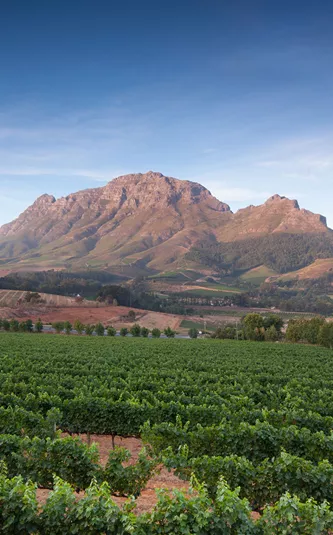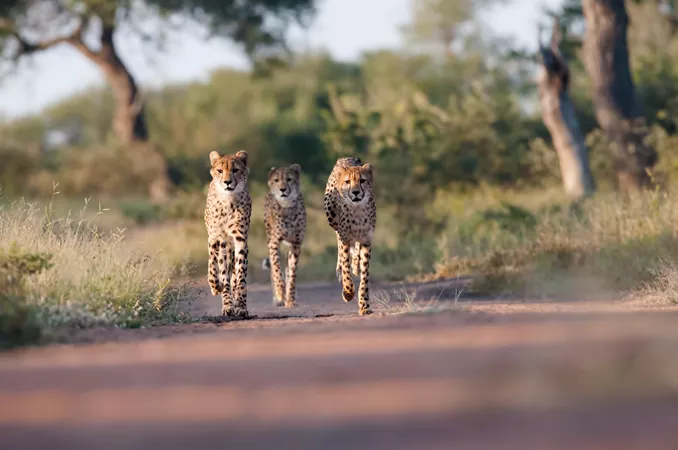Customs
South Africans are by custom polite and circumspect in their speech, although residents of the major urban centers may bemoan the decline of once-common courtesies. Each of the quite different culture groups—corresponding to home language speakers of English, Afrikaans, Tamil and Urdu, and the southern Bantu Languages, cross-cut by religion and country of original origin—has its own specific expressive forms of social propriety and respect. Africans strongly mark social categories of age, gender, kinship, and status in their etiquette. Particular honor and pride of place are granted to age, genealogical seniority, male adulthood, and political position. Rural Africans still practice formal and even elaborate forms of social greeting and respect, even though such forms are paralleled by a high incidence of severe interpersonal and social violence. While the more westernized or cosmopolitan Africans are less formal in the language and gesture of etiquette, the categories of social status are no less clearly marked, whether in the homes of wealthy university graduates or in cramped and crowded working-class bungalows. The guest who does not greet the parents of a household by the name of their senior child preceded by ma or ra (Sesotho: "mother/father of . . . ") or at least an with an emphatic 'me or ntate (Sesotho: mother/father [of the house]) will be thought rude. The youngster who does not scramble from a chair to make way for an adult will draw a sharp reproof. Comparable forms with cognate emphasis on age, gender, and seniority are practiced in Muslim, Hindu, and Jewish communities according to religious prescriptions and places of original family origin. South Africans of British origin insist on a calm, distanced reserve mixed with a pleasant humor in social interactions, regardless of their private opinions of others. Afrikaners are more direct and sharp in their encounters, quicker to express their thoughts and feelings towards others, and not given to social legerdemain. In general, despite the aggressive rudeness that afflicts stressful modern urban life everywhere, South Africans are by custom hospitable, helpful, sympathetic, and most anxious to avoid verbal conflict or unsociable manners. Even among strangers, one of the strongest criticisms one can make in South Africa of another is that the person is "rude."










